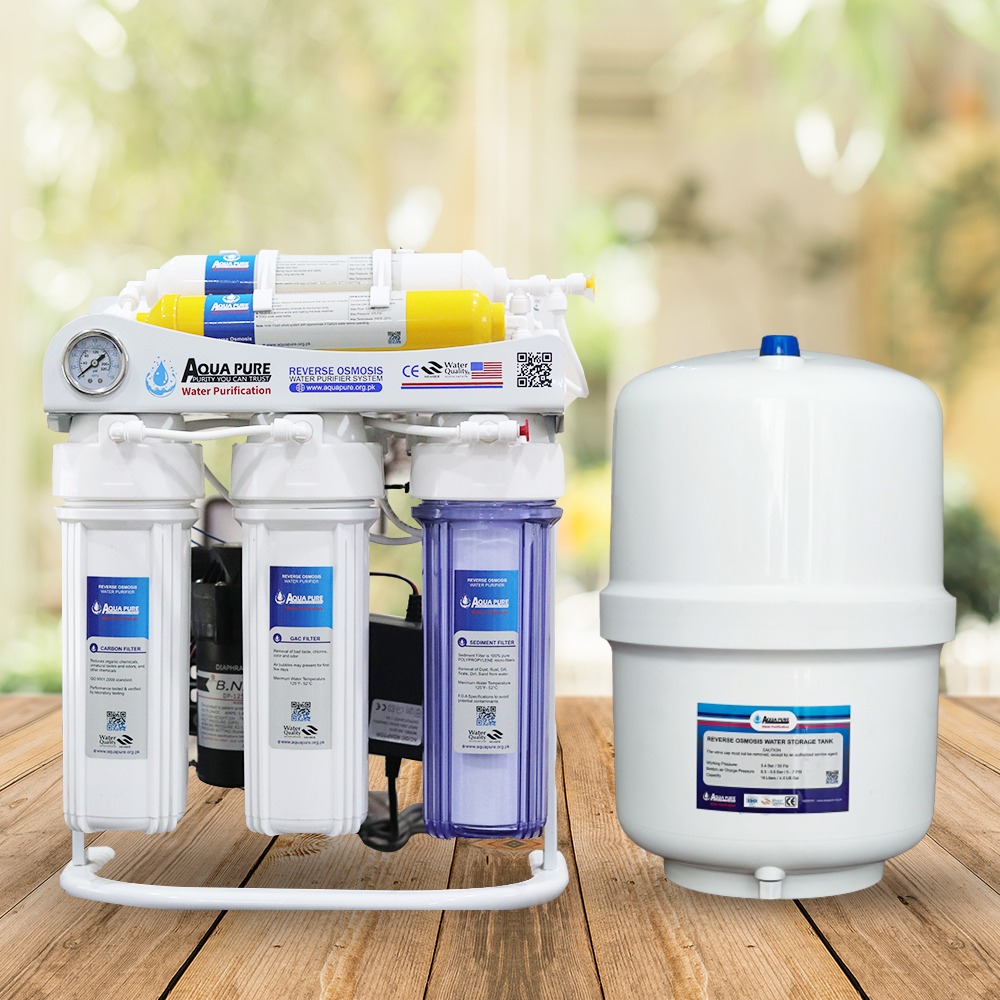Reverse Osmosis Systems

In a world where water quality is becoming an increasing concern. Reverse osmosis systems emerge as a beacon of hope, offering unparalleled purification capabilities. As we navigate through environmental challenges and growing water pollution, the significance of efficient water purification methods cannot be overstated. Among these methods, reverse osmosis stands out for its effectiveness in delivering clean, safe drinking water. Let’s delve deeper into the workings and benefits of reverse osmosis systems.
Table of Contents
ToggleUnderstanding Reverse Osmosis
Reverse osmosisis a water purification process that utilizes a semi-permeable membrane to remove impurities from water molecules. Unlike conventional filtration methods that rely on straining out contaminants, RO employs a high-pressure pump to force water through the membrane, leaving behind contaminants such as dissolved salts, bacteria, and other harmful substances. The result? Crystal-clear, pure drinking water that meets the highest standards of quality.
How Does It Work
At the heart of every reverse osmosis system lies a semi-permeable membrane with extremely tiny pores, smaller than the size of a water molecule. When water is subjected to pressure and forced through this membrane, only pure water molecules can pass through, while contaminants are trapped and flushed away. The process ensures thorough purification, effectively removing up to 99% of impurities, including heavy metals, chlorine, pesticides, and even viruses.
Benefits of Reverse Osmosis Systems
Superior Water Quality
Reverse osmosis systems produce water of exceptional purity, free from contaminants that can compromise health and taste.
Health and Wellness
By eliminating harmful substances, RO water safeguards against waterborne diseases and promotes overall well-being.
Enhanced Taste
Say goodbye to unpleasant odors and flavors. RO water is refreshingly crisp and devoid of any lingering tastes or smells.
Cost-Effective
While the initial investment may seem significant, the long-term savings on bottled water and potential health expenses far outweigh the costs.
Environmental Sustainability
With RO systems, there’s no need for plastic water bottles, reducing waste and minimizing the carbon footprint associated with bottled water production and transportation.
Versatility
RO systems can be installed at various points, including under the sink, in the kitchen, or as whole-house systems, catering to diverse household needs.
Addressing Common Concerns:
Wastewater
It’s true that RO systems produce wastewater as a byproduct. However, modern systems are increasingly efficient, with some models employing advanced technologies to minimize water wastage.
Mineral Stripping
Critics argue that RO removes beneficial minerals along with contaminants. While this is true to some extent, the overall impact on mineral intake from water is negligible compared to dietary sources of minerals.
Conclusion
Reverse osmosis systems represent a technological marvel, offering a reliable solution to the pressing issue of water contamination. With their unparalleled purification capabilities, these systems provide households with access to clean, safe drinking water, promoting health, sustainability, and peace of mind. As we continue to prioritize environmental stewardship and personal well-being, embracing reverse osmosis technology is a step towards a healthier, more sustainable future.





